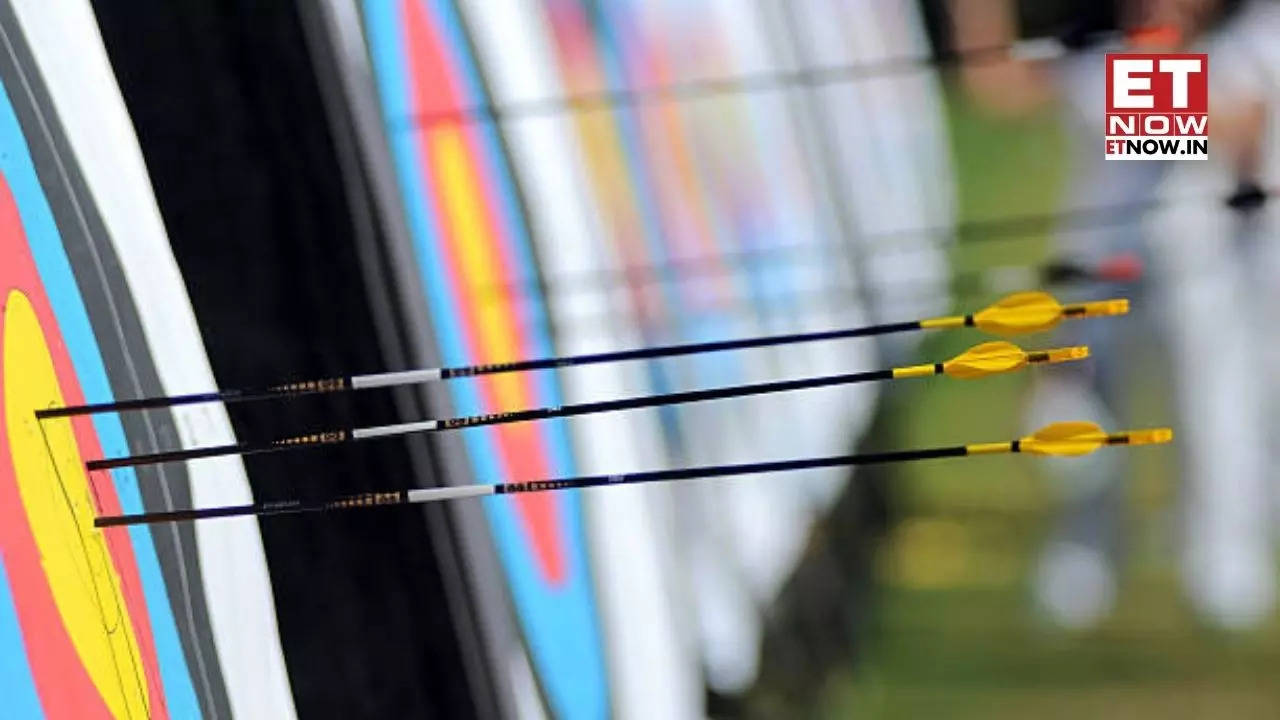Shopping
Booze is coming to Ontario corner stores. Here’s what shoppers can expect | CBC News

For alcohol drinkers in Ontario, Thursday is the beginning of a new era — the first day that thousands of convenience stores across the province will be able to sell booze.
The availability of beer, wine and ready-made cocktails at corner stores is happening faster than initially anticipated. Premier Doug Ford’s government first released its strategy to “modernize” the alcohol market last December, but it wasn’t supposed to take effect until 2026.
In May, that timeline was accelerated by more than a year — something store operators are welcoming.
“A lot of people are excited. They’re looking at this as a new chapter in the industry,” said Terry Yaldo, chair of the Ontario Convenience Stores Association and the owner of a convenience store in Windsor, Ont.
“I would rather experience a shorter timeline and get this rolling and kind of work out the kinks than wait.”
As part of that acceleration, the province will have to pay The Beer Store up to $225 million.
As of Sept. 2, 4,180 convenience stores across the province have been licensed, with 307 of them in Toronto, according to the Alcohol and Gaming Commission of Ontario (AGCO). Yaldo said he expects many of them to be ready to go, as stores have already been receiving their orders from the LCBO.
With thousands of new locations soon selling booze in Ontario, here’s what shoppers need to know about how it’ll all work.
Can people buy booze 24/7?
Just because your local corner store is open all the time, that doesn’t mean you can grab a case of beer after midnight.
No matter how long a store is open, it can only sell alcohol from 7 a.m. to 11 p.m., the AGCO says, which is still a longer window than at the LCBO or The Beer Store.
Premier Doug Ford announced Friday the province is introducing sales of beer, wine and ready-made cocktails into corner stores and additional supermarkets sooner than expected.
Staff who are selling the alcohol need to be older than 18 and must have completed a training course, the AGCO says. Of course, stores won’t be able to sell their new product offerings to people who are under 19 and are required to check identification if someone appears underage.
At Yaldo’s convenience store, he says they’ll likely just be asking everyone for identification.
“Because of this new privilege, we want to kind of up our standards,” he said.
What will corner stores sell and how much will it cost?
Among their offerings, corner stores are required to have a certain percentage of stock made by small producers. For beer, ciders and ready-to-drink cocktails, 20 per cent of what’s on the shelves has to be from small businesses, while 10 per cent of wine stocked has to be from small wineries.
Outside that, retail analyst Bruce Winder expects convenience stores will be carrying a somewhat limited range of products.
“It’s going to be the best of the best sellers,” he said.
Winder also expects there might be a bit of a premium on the products compared to the LCBO and The Beer Store, which is within the rights of a convenience store to charge.
The LCBO earns nearly 80 per cent of its revenue from its retail outlets, all currently closed by strike, the corporation’s latest annual report shows. CBC’s Mike Crawley breaks down how the LCBO currently turns a profit and how things are expected to change with the Ford government’s reforms — including the premier’s plan to sell select alcohol in Ontario convenience and grocery stores.
“People do pay for convenience, right?” he said. “The hallmark of convenience stores is, they have it when you need it, but you’re going to pay a little more for it.”
Yaldo agrees with that assessment. He likened it to how a bag of milk usually costs a little more at a convenience store than the grocery store.
“But we try to stay as competitive as possible. We’re not looking to become millionaires off our businesses, we’re just making a living,” he said.
When it comes to product offering, he said his store will be selling mainstream brands from big breweries. But he said he’s also looking forward to supporting local businesses by having smaller brands on his shelves.
Corner stores don’t have to take empties, worrying some
When it comes to where people can drop off all these conveniently purchased empty bottles and cans, The Beer Store will continue to run its recycling program until 2031.
The province is also mandating any store selling alcohol that’s bigger than 4,000 square feet to accept recycling, which mostly applies to grocery stores. But those stores have been slow to apply for licenses, largely due to concerns over that recycling requirement.
Industry groups previously told CBC Toronto that accepting empties is costly and requires a lot of space.
With thousands of corner stores set to be selling booze without a corresponding uptick in recycling locations, environmental advocates are concerned. The province maintains The Beer Store will continue running an effective recycling program.
Ashley Wallis, an associate director at the advocacy group Environmental Defence, said she’s worried recycling rates could suffer.
“It should be just as easy to return your container — both to get your refund back, but also so that container can be efficiently recycled or refilled — as it is to purchase the container or the beverage to begin with.”










